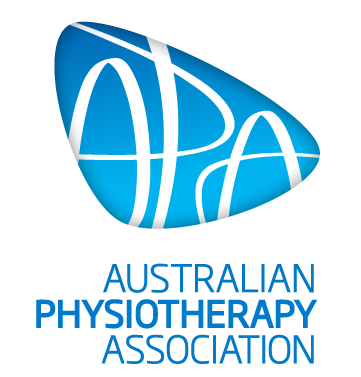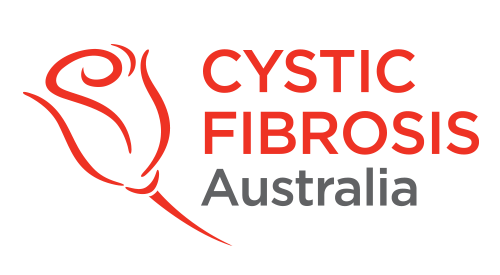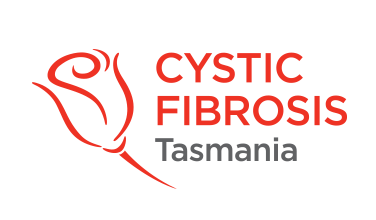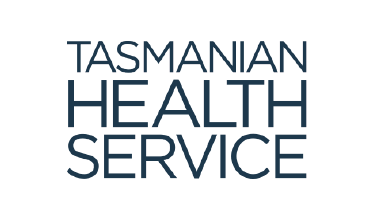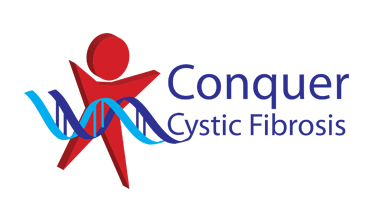How Can We Stop These Bugs Spreading?
There has been increased information and understanding of how certain bacteria in CF affect the lungs, how they behave in the environment, whether they can pass from one person to another and if they do, how this occurs. This knowledge now allows health care teams to provide education and recommendations on ways to stop these bacteria spreading. It does mean that individuals with CF are discouraged from socialising with each other. This can be difficult for individuals with CF as they lose the ability to share their experiences and support each other. Knowing this, different ways of contact (using social media, emails, telephone/face time calls) should be considered.
Different bacteria are spread in different ways, so a variety of ways to stop this occurring are put in place. These safety measures might change if a person with CF picks up a different bug. We also know that bacteria can have different impacts on health in different individuals and so it is important to avoid sharing these bacteria with another individual with CF.
- Some are passed on when they land on a surface and then come into contact with a person at risk of infection (e.g.: a person with lung disease)
- Some come into the environment during coughing, talking or sneezing, where they will enter the air and then land on surfaces nearby, or travel a considerable distance before settling
- Some enter the air in tiny particles and can remain in the air where they can cause infection simply by an individual breathing in that air
At this stage, there is no agreement of rules across all centres, so safeguards and recommendations will be different depending on which centre a person attends. Examples of safety measures to stop bacteria spreading in the hospital setting include:
- Staff wearing gloves, gowns, masks, goggles. Gown and gloves may be worn in some centres by staff when seeing any person with CF, regardless of what bug is in their airways.
- People with CF wearing masks when in the hospital and outside their clinic room or ward room.
- Staff and people with CF practicing good hand hygiene. Hand hygiene using an alcohol-based rub is effective appropriate hand washing when instructions are followed. If hands are dirty, hand washing with soap and water, rinsing and drying is needed.
- Coughing manners, such as coughing into the elbow is encouraged at all times. If this is not possible it is encouraged to cough into a tissue and throw it out. If it has been unavoidable to cough into your hands, then make sure you wash your hands thoroughly straight away.
- People with CF should be in their own room for an inpatient stay.
- People with CF should not be in common spaces in the hospital (e.g.: gyms, playrooms, cinemas etc) at the same time. Some centres use wristband systems to make this easier.
- Sputum containers should be covered at all times and thrown out into the clinical waste bin. It is better if a sample can be brought from home, rather than produced in the clinic.
- Bring your own toys, books or activities to clinic rather than using those from waiting areas.
- Extra safety measures may be put in place for people with CF who have certain bacteria such as M. abscessus, B. cenocepacia or MRSA as these bacteria are known to have a greater negative impact on people with CF.
In the community, family and friends can reduce the spreading of common colds and viruses to people with CF, and are encouraged to follow these recommendations:
- Good hand hygiene and cough manners
- Disposing of tissues and avoiding using handkerchiefs
- Avoid interacting with individuals with CF (if possible) if they are unwell
- Avoid sharing eating utensils and drinking utensils
Cleaning equipment is also very important to stop the spread of bacteria. This is particularly important for equipment used for physiotherapy e.g.: PEP masks, nebulisers etc. If these pieces of equipment are not cleaned often, they can transmit infection and they also may stop working properly. Equipment should be cleaned according to the instructions that come with each device. Generally, all equipment should be cleaned in warm soapy water, rinsed in hot water and left to air dry after every use. Disinfection or sterilisation of equipment should be done daily or at least weekly depending on how often equipment is used. Gym equipment, whether in the hospital or the community, should be cleaned before and after use with cleaning wipes. Cleaning wipes should always be available. In the community where these wipes may not be available, use hand gels or alcohol-based rubs for cleaning between each piece of equipment.


